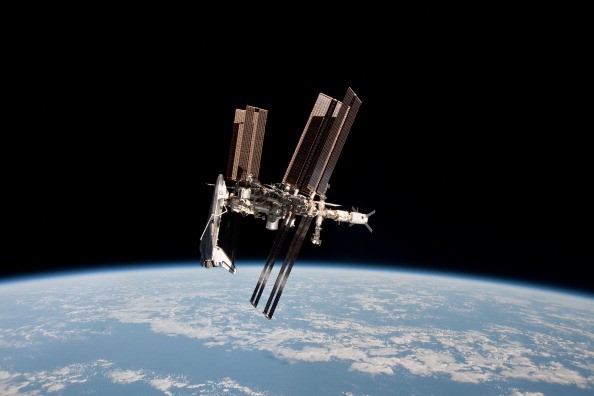Singapore, through the Singapore Space and Technology Association (SSTA), has teamed up with Global Navigation Satellite System (GNSS) and Location Based Service (LBS) Association of China (GLAC) for the development of satellite navigation technology, Channel News Asia reported.
Under the partnership, the parties will co-establish a common platform that will cater to the experts' knowledge sharing and joint research endeavors. The portal will also help the associations to pinpoint opportunities to commercialize satellite technology-related projects together.
The groups signed a memorandum of understanding on the sidelines of the 8th Global Space and Technology Convention held in Singapore from Feb. 11-13, 2016.
Jonathan Hung, president of the SSTA, said that there is "domain expertise in China, where there are already a lot of these smart data collection systems." He added that the project will help "propagate new ideas and new innovation."
"And of course, through the Singapore Centre of Excellence that the China GLAC has established here, hopefully we will also localize many of the systems and allow (them) to be used in Singapore and the region," he further stated.
SSAT is the leading Singaporean non-profit space industry group whose expertise focuses on the development on the country's space technology industry.
Meanwhile, GLAC is a non-profit association involved in the "R&D, manufacturing and operation of global satellite navigation and location-based technology," the report noted.
GLAC has approximately 2,000 members including universities, enterprises and other research institutes.
Singaporean Minister for Trade and Industry S. Iswaran lauded the recent feat of the country in space technology after launching six Singapore-made satellites into space in December last year.
For Iswaran, the accomplishment highlights the capabilities of the country's universities "not just in areas of upstream R&D, but also in complex systems design, development and integration."
"Our effort to develop the space industry is an example of Singapore's continuing endeavor to chart new frontiers and carve out competitive niches for our economy," he added.
Singapore first launched its plans to develop a space industry back in 2013.
For China's part, the country has recently launched its most sophisticated satellite aimed at providing high-definition Earth observations.



























